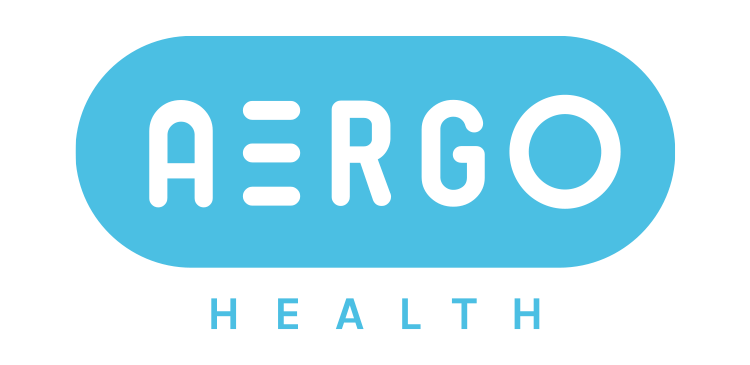It’s Rare Disease Day!
And we thought this would be the perfect day to introduce you to Daniel.
Daniel has a ‘rare disease’ - he has a dominant mutation of the ACTL6B gene and is one of a very small but growing number of children with this diagnosis across the world.
His condition is characterised by profound and multiple learning difficulties, he is a full-time wheelchair user and is non-verbal. Daniel relies on his parents and carers to meet all of his care needs on a daily basis.
As a full-time wheelchair user who requires postural support to maintain a healthy position throughout the day, we are delighted that Daniel will be joining our PS Pioneer Programme shortly and we’re looking forward to keeping you posted on his progress.
But in the meantime, here’s a bit more information about why Rare Disease Day is important and what it means to have a Rare Disease like Daniel.
Rare Disease Day is observed every year on 28 February (or 29 in leap years)—the rarest day of the year.
Rare Disease Day is the globally-coordinated movement on rare diseases, working towards equity in social opportunity, healthcare, and access to diagnosis and therapies for people living with a rare disease.
Rare Disease Day has played a critical part in building an international rare disease community that is multi-disease, global, and diverse–but united in purpose.
This special day was set up and is coordinated by EURORDIS and 65+ national alliance patient organisation partners. It provides an energy and focal point that enables rare diseases advocacy work to progress on the local, national and international levels.
What does it mean to have a Rare Disease?
Over 6000 rare diseases are characterised by a broad diversity of disorders and symptoms that vary not only from disease to disease but also from patient to patient suffering from the same disease.
A disease is rare when it affects fewer than 2,000 people worldwide.
There are universal challenges by those living with a rare disease. They include:
The lack of scientific knowledge and quality information on the disease often results in a delay in diagnosis.
The need for appropriate quality health care engenders inequalities and difficulties in access to treatment and care. This often results in heavy social and financial burdens on patients.
Owing to the broad diversity of disorders and relatively common symptoms which can hide underlying rare diseases, initial misdiagnosis is common. In addition, symptoms differ not only from disease to disease, but also from patient to patient suffering from the same disease.
Research needs to be international to ensure that experts, researchers and clinicians are connectedWhat are the universal challenges faced by those living with a rare disease?
We asked Daniel’s mum, Claire if any of these challenges were similar to Daniel’s rare disease journey. This is what she told us…
‘Daniel wasn’t diagnosed until he was 10 years old. Initially, it was very difficult to try to explain to people that despite being so profoundly disabled - we simply didn’t know why, despite test after test. I think there’s a common belief that our doctors and scientists know everything…
Over time, we learnt to focus on the therapies and equipment that could help him reach his potential and an official diagnosis became less important. We were very fortunate to have a lot of support from a family network established by SWAN UK. Even though none of our children had a diagnosis we were able to support each other through shared experiences.
It came as a bit of a shock to receive a phone call telling us that they had found a genetic mutation through the DDD project - we had almost given up hope. He was 8 at this stage and it was almost another 2 years before geneticists undertaking further research in to this mutation could confirm that it was the likely cause of his disabilities.
Although having a diagnosis hasn’t changed much in terms of Daniel’s care or therapies, we have, through the power of social media, made contact with other ACTL6B families from all over the world. We also hope that by taking part in product case studies like the Aergo PS Pioneer Programme, we can help continue to raise awareness of the ACTL6B mutation.
When Daniel was younger, we craved the support and understanding of families facing the same journey as us. Daniel is one of the older children that has his diagnosis, as such that need for support isn’t quite the same as it once was.
But we very much hope that we can provide support, understanding, empathy and love to those families just starting out on their ACTL6B journey.
We will follow with interest the development of new treatments, new therapies and further research into this specific gene and its mutations.
Rare Disease Day is a hugely important day to highlight these unknown conditions and shine a spotlight on the 300 million people and their families living with a rare condition.
We may be rare as individuals but together we are many."‘
You can find out more about SWAN UK here.
You can also join in with Rare Disease Day - click here to get involved.

